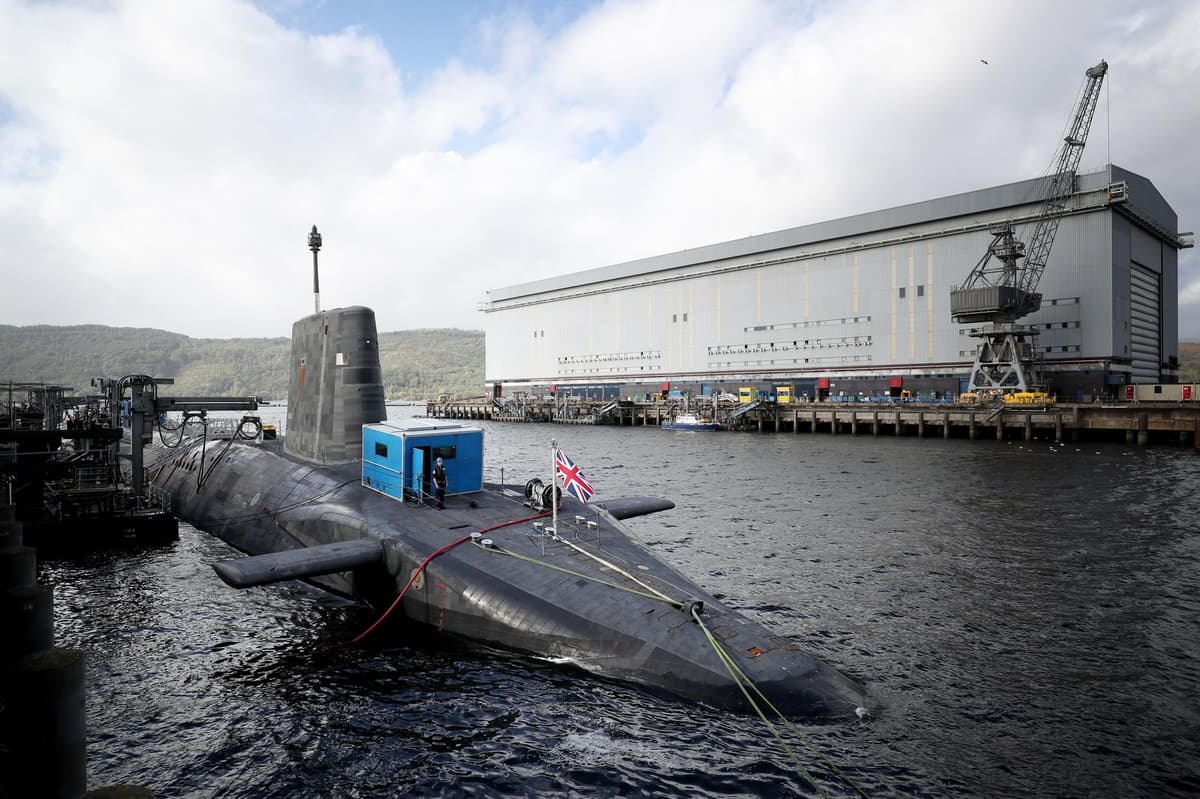Labour’s Defence Spending Commitment and Scotland’s Role

The Labour Party has made a significant commitment to increase defence spending in the UK. However, the timeline for achieving the target of 2.5% of GDP remains unclear. This announcement comes amid rising concerns about security threats, particularly from Russia. Labour MP Graeme Downie has emphasized that Scotland stands to gain the most from this increase in defence funding. He argues that Scotland is at the forefront of the UK’s defence strategy and that the proposed spending target should be viewed as a minimum requirement.
Scotland’s Strategic Importance in Defence
Graeme Downie, the MP for Dunfermline and Dollar, has voiced strong support for increased defence spending, highlighting Scotland’s critical role in the UK’s military framework. He stated that Scotland is already a significant contributor to national defence, hosting vital military assets. For instance, Lossiemouth is home to Quick Reaction Alert (QRA) aircraft that protect the northern border. Additionally, the UK’s nuclear deterrent is stationed at Faslane, while shipbuilding activities occur on the Clyde and in Rosyth. Downie believes that Scotland’s existing infrastructure and skilled workforce position it as a prime beneficiary of increased defence investment.
Downie argues that the 2.5% GDP target for defence spending should be seen as a starting point rather than a ceiling. He insists that the UK must be prepared to respond to global threats, particularly given the current geopolitical climate. His comments come in light of internal Ministry of Defence assessments suggesting that the UK may need to spend as much as 3.6% of GDP to modernize its military and meet NATO obligations. Downie warns that failing to invest adequately in defence could embolden adversaries like Russian President Vladimir Putin, who may perceive a lack of deterrence as an opportunity for aggression.
The Broader Implications of Increased Defence Spending
The call for increased defence spending is not just about numbers; it reflects a broader understanding of the UK’s role in global security. Downie has pointed out that the current instability in the world necessitates a robust military presence. He believes that the British public needs to be more aware of these global challenges and the implications for national security. The Labour Party’s commitment to 2.5% defence spending is a step in the right direction, but Downie stresses that this should not be viewed as the final goal.
He argues that effective spending is crucial. It is not enough to simply allocate funds; the government must ensure that the money is spent wisely and efficiently. This includes investing in technologies and skills that will prepare the UK for future conflicts. Downie emphasizes that defence spending should be integrated into the broader industrial strategy, contributing to economic growth and job creation in sectors like engineering and technology.
Moreover, Downie warns that the threats facing the UK are not limited to Russia. He cites the ongoing conflict in Ukraine and the rising military expenditures of neighboring countries like Estonia and Poland as indicators of a more dangerous global landscape. He believes that the UK must take these threats seriously and demonstrate its commitment to defence through increased spending and strategic planning.
The Labour Party’s commitment to enhancing defence spending is a crucial step for the UK, particularly for Scotland. As tensions rise globally, it is essential to ensure that the UK is prepared to meet these challenges head-on. The emphasis on Scotland’s strategic role in defence underscores the importance of regional contributions to national security.
